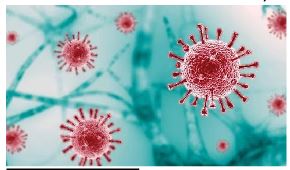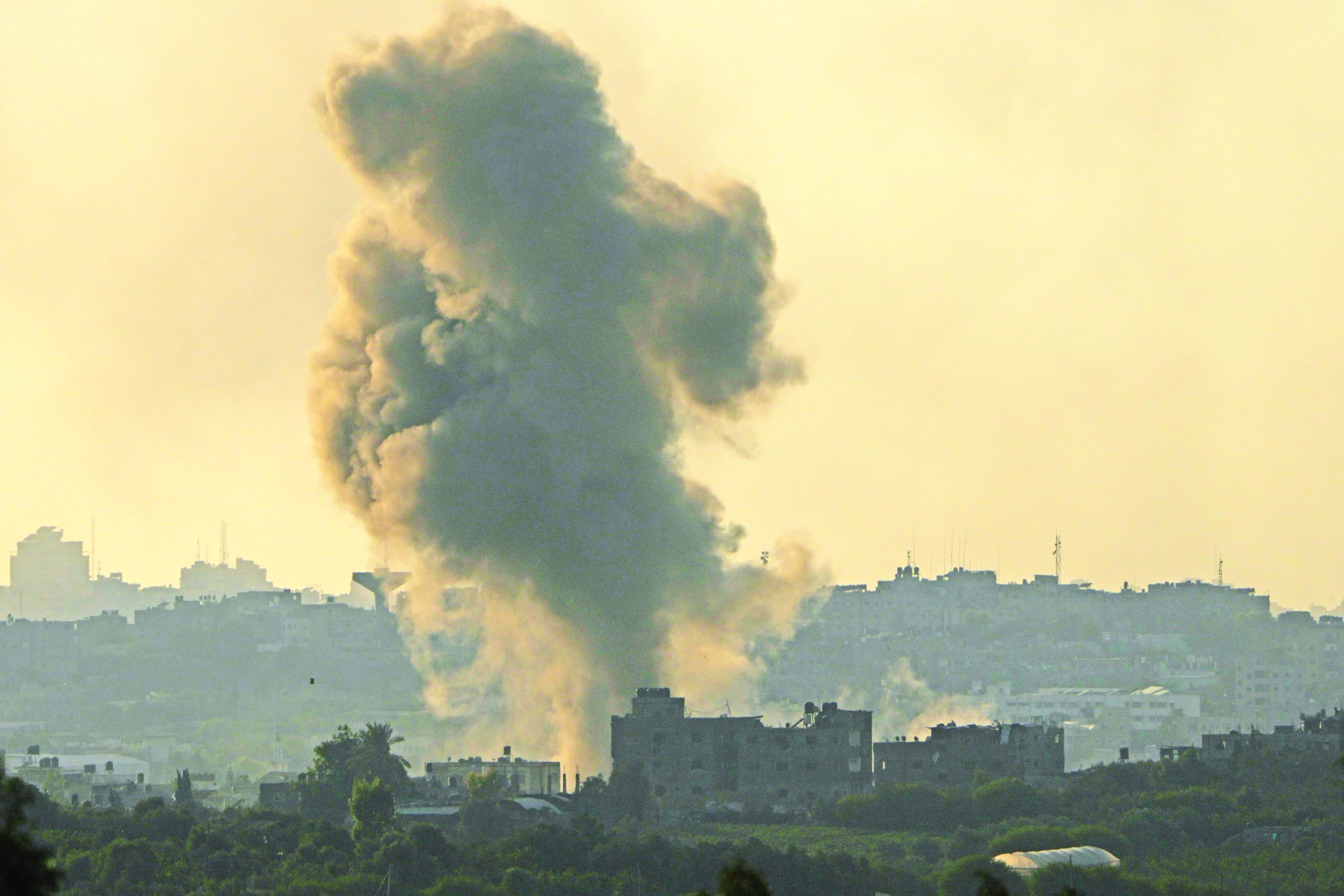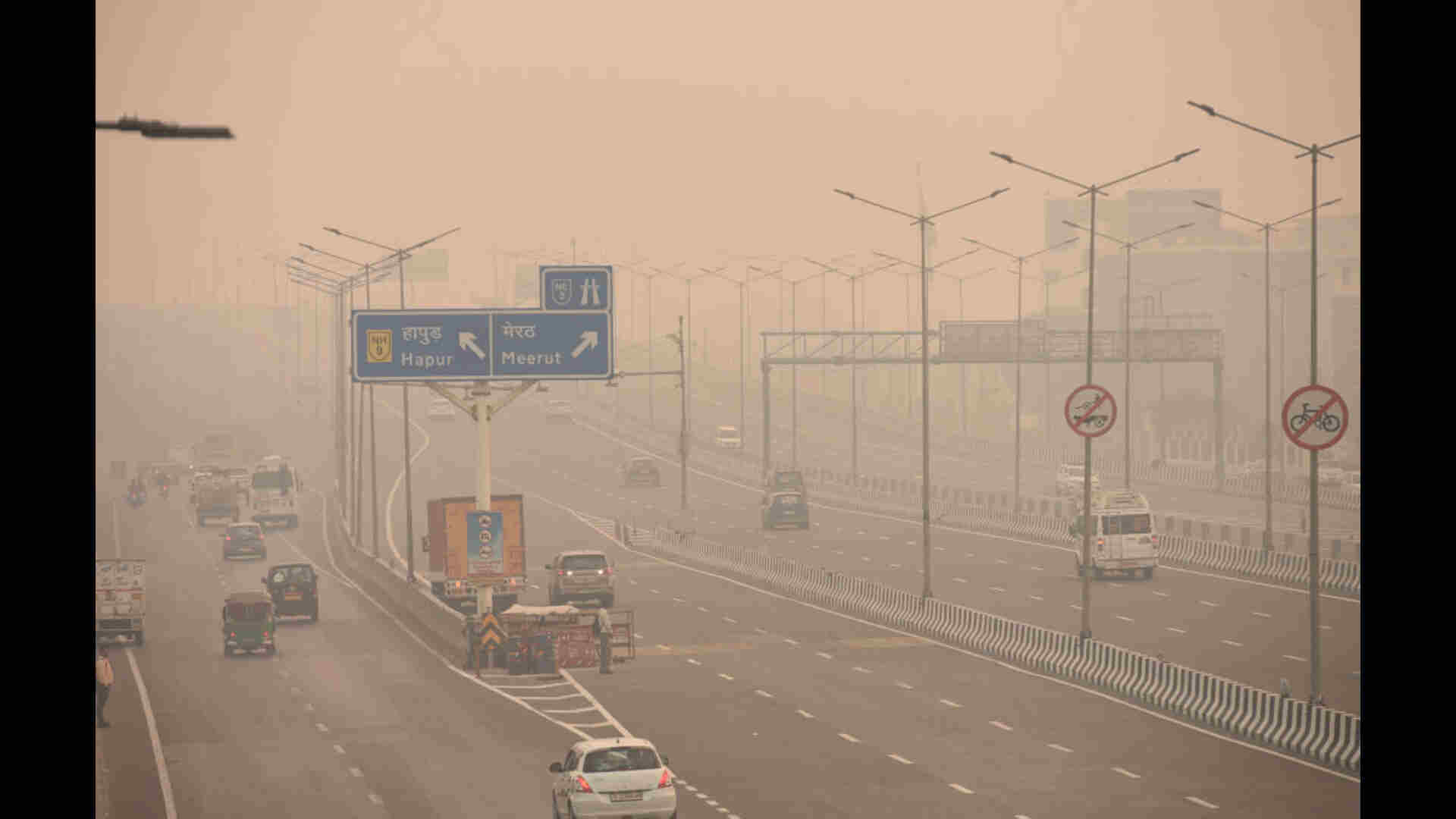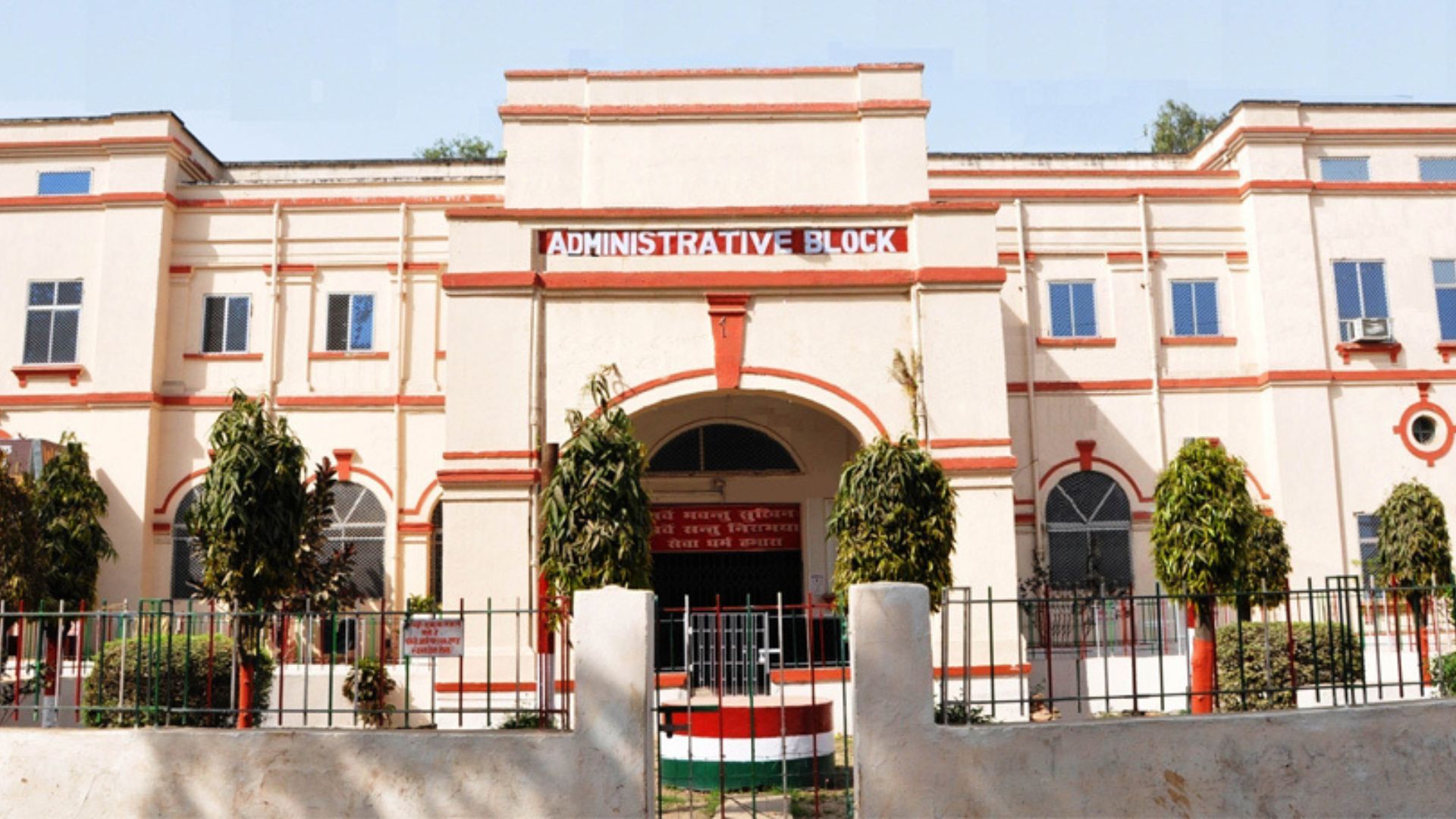An increase in daily Covid cases and multiple states issuing mask advisories have stirred memories of the pandemic that confined us indoors and enveloped us in fear for two years. Over the past day, the country has reported 358 new Covid cases, with 300 in Kerala, along with six Covid-related deaths. Presently, there are 2,669 active cases according to the Union Health Ministry.
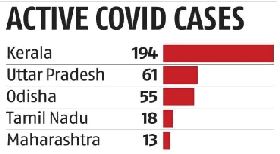
Yesterday’s count of 614 cases, the highest since May, rang alarm bells, attributed to the JN.1 variant. While the World Health Organization categorizes JN.1 as a ‘variant of interest,’ current evidence suggests it isn’t a significant threat. However, WHO warns of a potential increase in respiratory infections with the onset of Northern Hemisphere winter.
Dr. Soumya Swaminathan, former WHO chief scientist, cautioned against trivializing Covid as a common cold due to its severe impact and long-term effects, supported by data showing links to various health complications.
The JN.1 variant, a sub-variant of Omicron, raises concerns about increased transmissibility and its ability to infect those previously exposed. Dr. Swaminathan emphasized its distinction from the common cold, highlighting the risks of acute Covid pneumonia and long-term repercussions like heart issues, strokes, mental health problems, and persistent fatigue. Dr. Rajeev Jayadevan, Co-Chairman of the National Indian Medical Association Covid Task Force, highlighted the unique nature of JN.1, calling it a significantly mutated variant.
He recommended masking up in crowded, poorly ventilated spaces and during travel with strangers to mitigate risks.
Warning signs of JN.1 include fever, cough, loss of smell, taste, along with persistent high fever, breathing difficulties, and fatigue. Dr. Swaminathan stressed mask use for both vulnerable individuals and the sick to prevent transmission.
The Union Health Ministry remains vigilant, reviewing India’s readiness to handle potential surges caused by the new variant. Health Minister Dr. Mansukh Mandaviya urged states to heighten surveillance and ensure ample medical supplies.
Chandigarh’s administration issued an advisory, emphasizing mask use in crowded areas and adherence to hand hygiene amidst the surge in Covid cases, signaling a collective commitment to stay prepared and cautious.
Kerala reported 300 new active cases of Covid-19 and 3 deaths on 20th December, as per the Ministry of Health and Family Welfare. West Bengal Health Department will continue its surveillance of influenza-like illness (ILI) and severe acute respiratory infections (SARI) cases, in accordance with central guidelines. Haryana government said RT-PCR tests will be conducted for Influenza-like Illnesses and Severe Acute Respiratory Infections. The Karnataka government has issued an advisory asking people above 60 years, those with comorbidities, pregnant women, and lactating mothers, to wear face masks when outdoors, and to strictly avoid visiting closed, poorly ventilated spaces and crowded areas. Gujarat currently has 13 active coronavirus cases, but all the patients are under home isolation. The Gujarat government has advised people to remain vigilant and not panic. Gujarat government authorities carried out a mock drill across more than 5,700 hospitals to assess their preparedness to deal with any health exigency in view of JN.1 subvariant. Goa has reported 19 active Covid cases but all patients have mild symptoms of the infectious disease. Odisha hasn’t reported any Covid cases over the past week. However, the state government has advised senior citizens to remain cautious. In Rajasthan’s Jaisalmer, two fresh cases of coronavirus were reported yesterday.
About JN.1 Covid variant
JN.1 (BA.2.86.1.1) variant emerged in late 2023 and is a descendant of the BA.2.86 lineage (Pirola) of SARS-CoV-2. BA.2.86 lineage, first identified in August 2023, is phylogenetically distinct from the circulating SARS-CoV-2 Omicron XBB lineages, including EG.5.1 and HK.3. BA.2.86 carries more than 30 mutations in the spike (5) protein, indicating a high potential for immune evasion. JN.1 was first detected in Denmark and Israel in late July 2023. The World Health Organisation has classified JN.1 as a separate “variant of interest” given its rapidly increasing spread but said it poses a “low” global public health risk. The Indian Council of Medical Research (ICMR) is working on genome sequencing of the new JN.1 variant.

